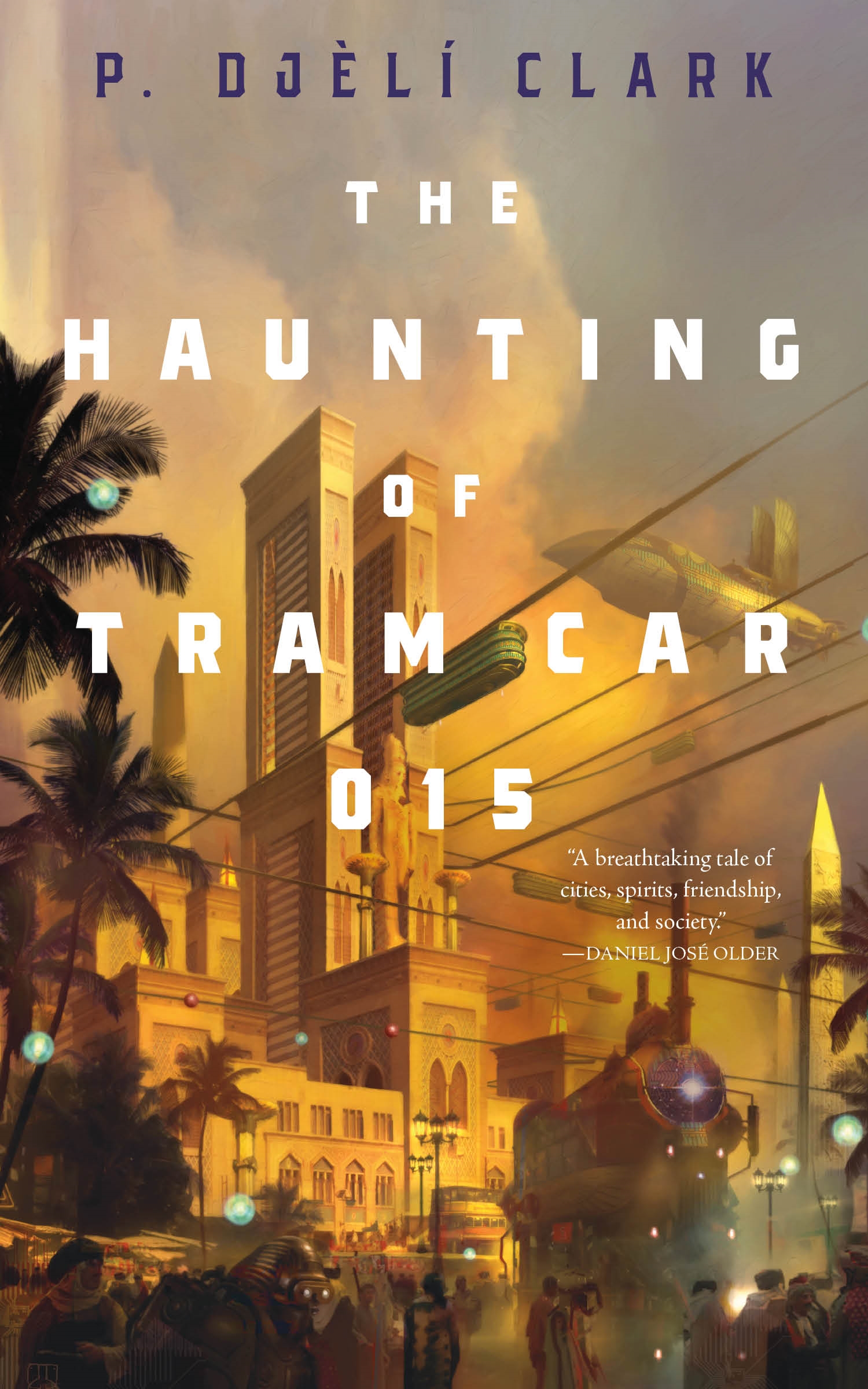The Enigma Game by Elizabeth Wein is another World War II YA thriller, following some of the same (fictional) characters as
Code Name Verity,
Rose Under Fire, and the pre-war prequel,
The Pearl Thief. I enjoyed and reviewed all of the previous books, as well as the companion
Black Dove, White Raven, which followed unrelated characters in Ethiopia. It is not an exaggeration to say that this is my favourite non-SF series of all time.
Windyedge Airfield, Scotland. World War II.
Louisa Adair, newly orphaned and shunned for her mixed-race heritage, has come here to the edge of the world to look after an old lady with a dark past. Jamie Beaufort-Stuart is a flight lieutenant whose squadron is posted to the airfield over winter. Ellen McEwan is a young woman held hostage by the German pilot who lands at Windyedge one wild stormy night carrying a terrible secret.
Three young people desperate to make a difference in a war that has decimated their families, friends and country. When the means to change the course of history falls into their hands, how will they use it? And when the enemy comes looking for them, who will have the courage to strike back?
The Enigma Game is not set at Bletchley Park, which I thought it might be when I first saw the title. It is set near the start of the war, 1940-41, and mostly in the vicinity of an airbase in Scotland. Our in to the story is Louisa, a half-English, half-Jamaican girl, that takes a job looking after an elderly lady near the airbase after both her parents are killed. There she meets female enlistees and the squadron and accidentally gets caught up in wartime secrets concerning an Enigma machine.
My favourite thing about this book was the way in which it addressed identity and perception. Three of the characters do not fit in because of their backgrounds, but only Louisa, the half-Jamaican, is unable to hide it, thanks to her skin colour. The other two — Ellen the Scottish Traveller and Jane the elderly German woman — can pass as British without having to try too hard. And yet, they are both constantly terrified that others will find out their secret (they're not spies, so it's not secret to everyone) and ostracise them for it. Meanwhile, the only reason Louisa got her job near the start of the book was because she was hired over the telephone and her new employer couldn't tell the colour of her skin from her posh English accent. And even better than just having these characters with similar problems in the book is that they all recognised the similarities in each other, which I really appreciated.
The point of view in
The Enigma Game is split fairly evenly between Louisa, Ellen and Jamie, the pilot/flight lieutenant. Jamie was a minor character in
Code Name Verity and appeared in
The Pearl Thief, and Ellen was a minor character in the latter. But all the books stand alone and you don't have to have read any of the others to enjoy
The Enigma Game. In fact, since
The Enigma Game is set before
Code Name Verity, most of the time I was reading, I was dreading/anticipating a crucial event that's mentioned in passing in
Code Name Verity. But unlike some prequels which lose tension through predictability, Wein maintained a tense atmosphere throughout basically all the flights we saw the squadron undertake. Especially the climactic part near the end. One bit was so ridiculously tragic that I just knew it had to be based on something that really happened (and the afterword confirmed that it was). A lot of the book is upbeat and there are even some funny bits, but Wein sure knows how to punch a reader in the feels.
I highly recommend
The Enigma Game if you enjoyed any of Wein's other WWII books. If you haven't read them but the description and premise sound appealing, then you can absolutely jump right in with this one. And if you do and enjoy it, there are several more books waiting for you! Sucker for punishment that I am, I hope we get more books set in this "world".
5 / 5 stars
First published: May 2020, Bloomsbury / Little, Brown Books
Series: Code Name Verity series. Set between
The Pearl Thief and
Code Name Verity.
Format read: ePub
Source: Purchased from Kobo




























